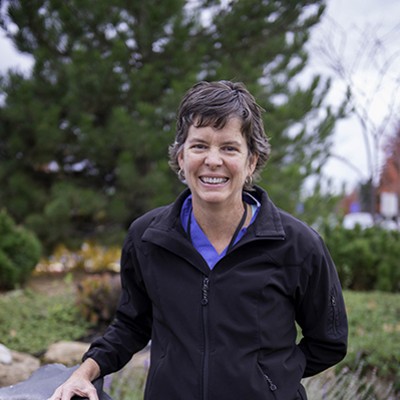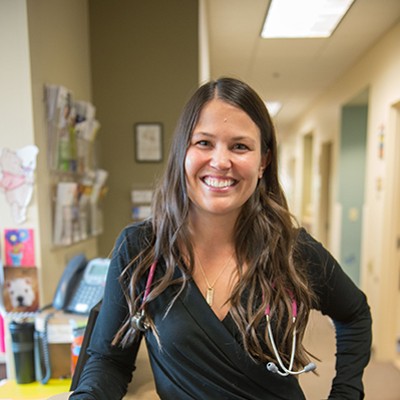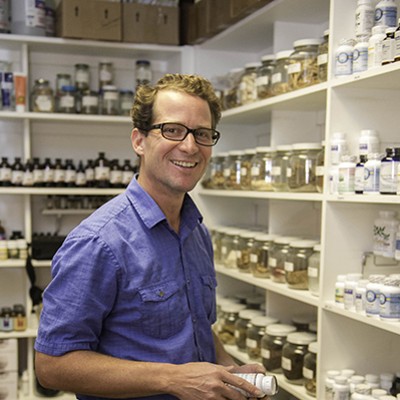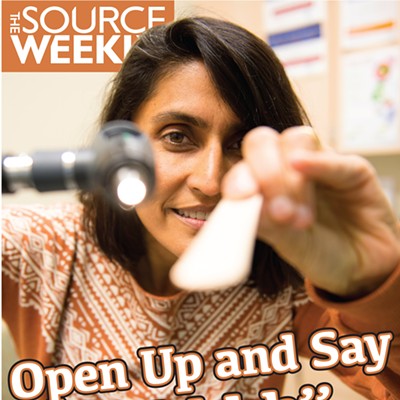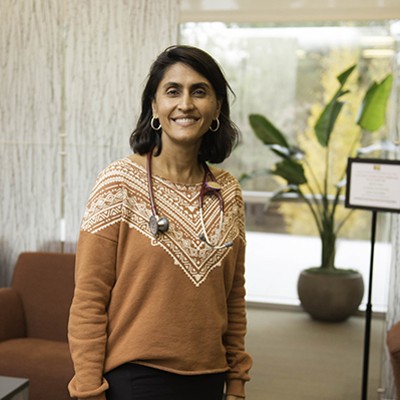When he was an 8-year-old kid dreaming of a future in medicine, Richard Bochner may not have had that particular specialty in mind, but his journey towards gastroenterology turned out to be an unexpectedly good fit.
"I loved science but I didn't want to be in a lab," Dr. Bochner recalls. "I thought it would be a great field for wanting to do good things and being in science."
As a gastroenterologist for Bend Memorial Clinic, Bochner sees a wide range of patients of all ages, including those with cancer, liver disease, colitis and Crohn's disease, and other ailments.
"The parts of my job I enjoy most are making a diagnosis and improving, if not curing, somebody," Bochner says.
And while it's a goal he shares with his colleague, Bochner has an uncommon perspective that helps him understand where his patients are coming from. After deciding he wanted to go into gastroenterology, Bochner was diagnosed with ulcerative colitis, a chronic autoimmune disease.
"I have a great deal of empathy for someone who is plagued by a chronic symptom that doesn't ever go away. It's hard to understand if you don't have an illness that can literally take control of your life. I experienced that first-hand," Bochner explains. As a result, he is more familiar than most with challenges faced by people with chronic illness, as well as the importance of getting appropriate medical care.
He emphasizes that even though he's an expert in his disease, he still goes to the doctor and has someone else managing his care.
"I think one of the most important lessons that a person can take away is that trying to manage your own illness is often a recipe for disaster," Bochner says. "There's a big temptation to say, 'I can handle this, I know my body.' "
That's not to say people can't take some aspects of their health into their own hands. On the contrary, Bochner urges his patients to stay active and be mindful and aware of what they put into their bodies—especially in the winter.
"The most important is to keep exercising through the winter. Even though it's cold outside, do something....Not only to stay in shape—it makes us feel better," Bochner says. "Also, it really is important to get a good diet. So much of the food we're getting now has been adulterated with pesticides and additives. We need to be knowledgeable about what we're eating. We need to be very cognizant of what is in our food, now more than ever."









